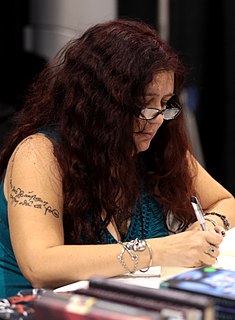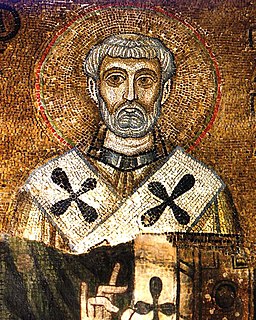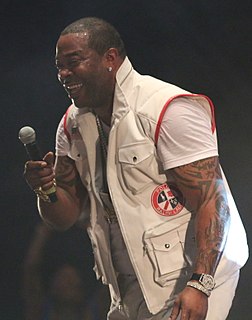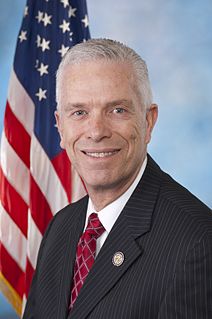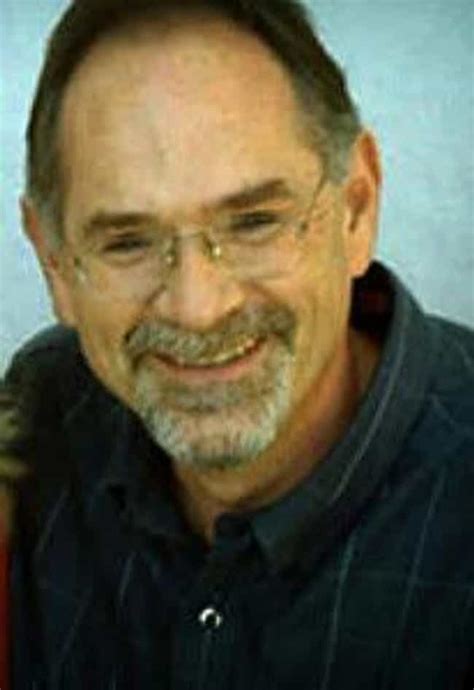A Quote by Philippa Gregory
To save my son, I would plot with the devil himself.
Related Quotes
The Devil is right at home. The Devil, the Devil himself, is right in the house. And the Devil came here yesterday. Yesterday the Devil came here. Right here. And it smells of sulphur still today. Yesterday, ladies and gentlemen, from this rostrum, the president of the United States, the gentleman to whom I refer as the Devil, came here, talking as if he owned the world. Truly. As the owner of the world.
... if we say that the Father is the origin of the Son and greater than the Son, we do not suggest any precedence in time or superiority in nature of the Father over the Son (cf. Jn. 14:28)? or superiority in any other respect save causation. And we mean by this, that the Son is begotten of the Father and not the Father of the Son, and that the Father naturally is the cause of the Son.
When I was twelve years old I thought up an odd trinity: namely, God the Father, God the Son, and God the Devil. My inference wasthat God, in contemplating himself, created the second person of the godhead; but that, in order to be able to contemplate himself, he had to contemplate, and thus to create, his opposite.--With this I began to do philosophy.
Leto turned a hard stare at Kynes. And Kynes, returning the stare, found himself troubled by a fact he had observed here: This Duke was concerned more over the men than he was over the spice. He risked his own life, and that of his son to save the men. He passed off the loss of a spice crawler with a gesture. The threat to men's lives had him in a rage. A leader such as that would command fanatic loyalty. He would be difficult to defeat. Against his own will and all previous judgements, Kynes admitted to himself: I like this Duke.
My paramount object in this struggle is to save the Union, and is not either to save or to destroy slavery. If I could save the Union without freeing any slave I would do it, and if I could save it by freeing all the slaves I would do it; and if I could save it by freeing some and leaving others alone I would also do that. What I do about slavery, and the colored race, I do because I believe it helps to save the Union; and what I forbear, I forbear because I do not believe it would help to save the Union.
True poetry is born of scrutiny,
Scrutiny, the son of meditation,
Meditation, the son of lore,
Lore, the son of inquiry,
Inquiry, the son of investigation,
Investigation, the son of knowledge,
Knowledge, the son of understanding,
Understanding, the son of wisdom,
Wisdom, the son of surrender to the Divine Will
Thus it is with the poet himself: his art is powerful, protecting, elevating, and his judgement straight and strong


